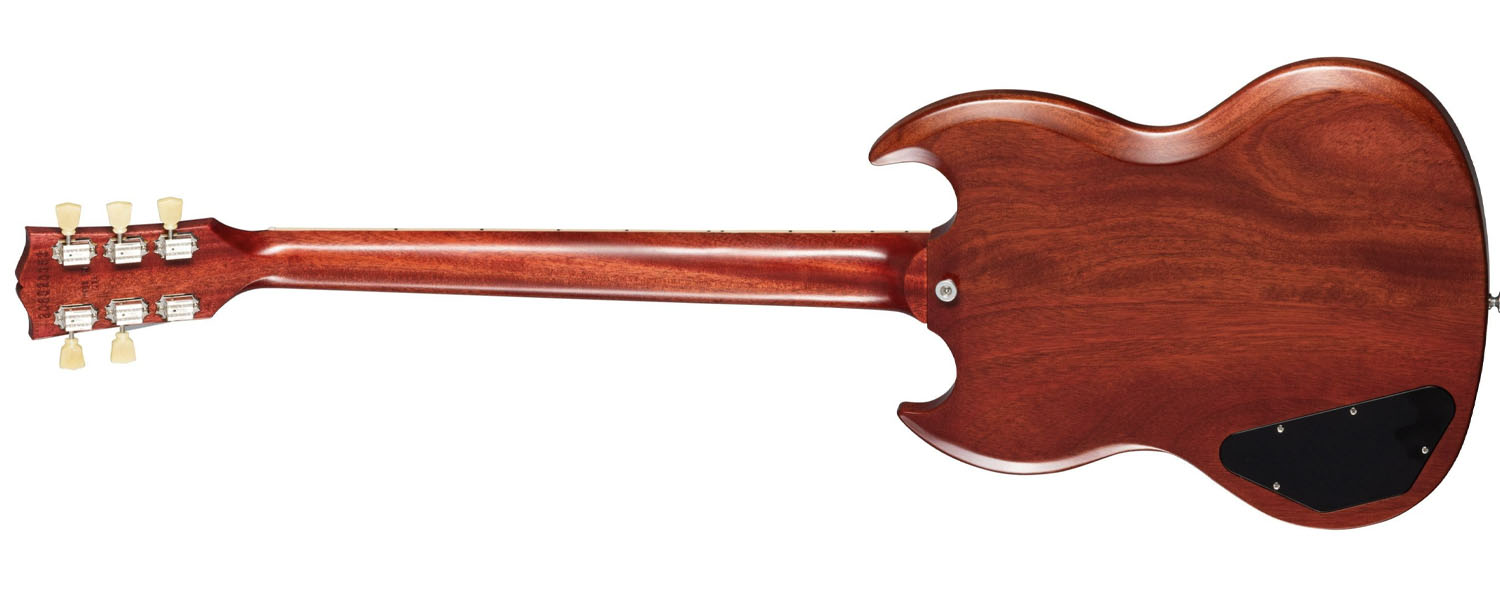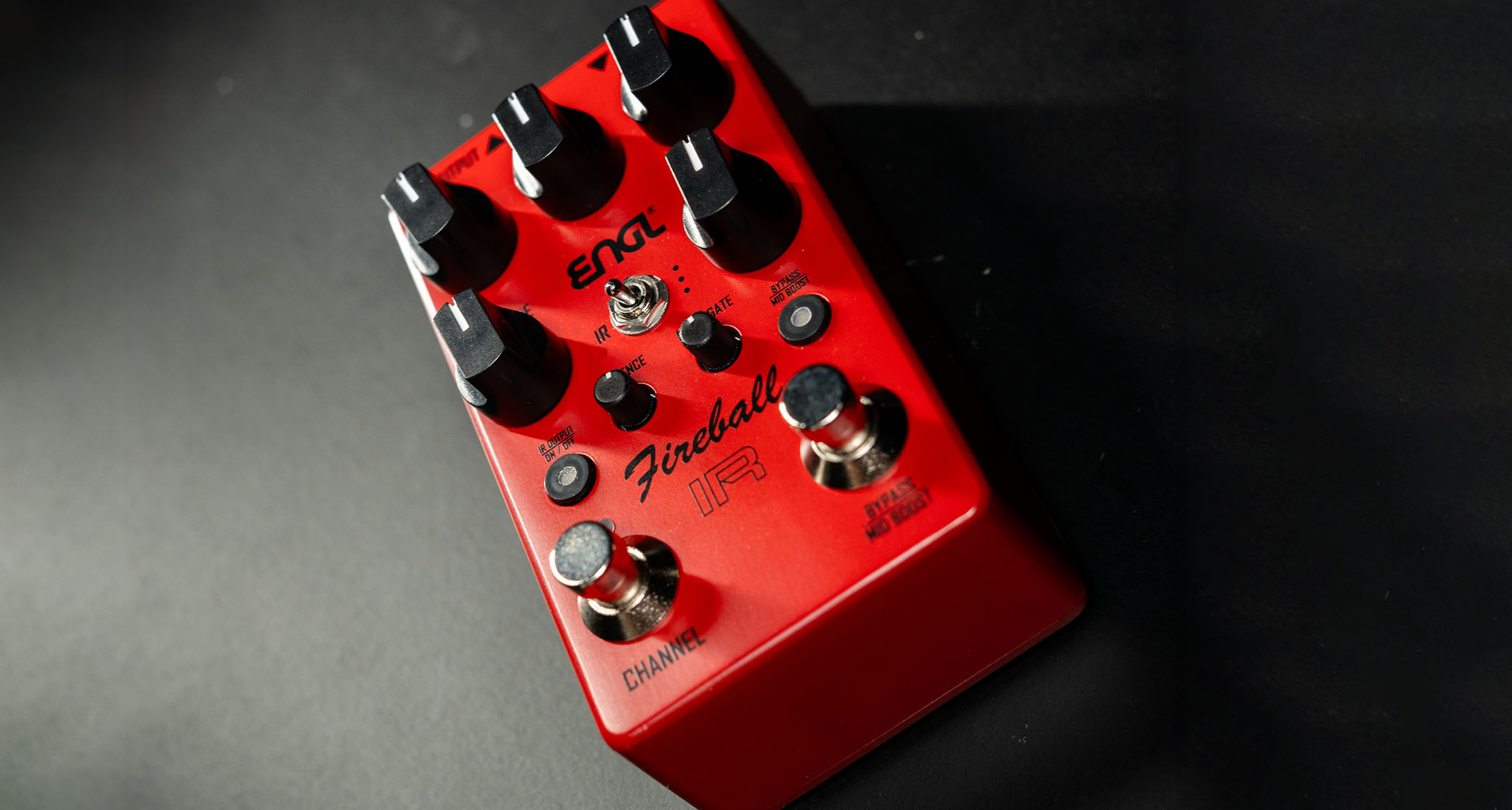
If you've never encountered it before, you might be surprised how common neck dive is on electric guitars. It's not as simple as saying it's always caused by a heavy neck. Neck dive usually occurs when the centre of mass of the guitar is too far towards the headstock, causing it to tilt on the strap when not being held. For many players it's just something you learn to live with, and I recently encountered it when I changed the neck on my Thinline Telecaster for a weightier one, which affected the balance. It's said to be especially common on Gibson SGs due to their thin mahogany bodies. But what if there was a way to stop it without changing anything on the guitar?
Boutique pedal-designing trailblazer Fran Blanche of Frantone Electronics fame has come up with something and has revealed it in a recent video for her FranLab YouTube channel. It's a special kind of guitar strap modification; Fran's looks like a normal strap at first (in this case a Fender one) but she has added a special concealed clip on one side that fixes to her belt. This clip helps hold the weight of the guitar to readdress the balance – as Fran illustrates with her Gibson SG which has a serious case of neck dive when it's unclipped.
These days if you want a patent you have to hire a patent attorney and the patent search process takes about six months, it'll cost you about $10,000
Of course, the obvious point here is you'd need to be wearing a belt but this seems like a great, simple option to those that do. The question is, can Fran get her clip design patented and bring it to market – either as something players can add to their favourite strap or as part of a complete strap system people can buy.
"I have made many videos or made comments on my videos about patenting idea," begins Fran is response. "The only people who say, 'Fran, you should patent that' are people that have never patented anything. Especially in the last 20 years because there are some guys who are like, 'Well I had some patents in the '70s, it was real easy – I've got 20 patents.' Well these days if you want a patent you have to hire a patent attorney and the patent search process takes about six months, it'll cost you about $10,000 and if you get awarded a patent, people assume that now you've got this commodity to sell.
"But what you don't realise is when you actually get approved the patent, your idea is made public," she adds. "So the patent files are accessible online and anyone in the world can look through patent files and do patent searches. So your idea, whatever it is, becomes completely public where anyone can steal the idea and make something very similar to the product.

Prohibitive costs aside, Fran points out that this kind of thing isn't policed internationally to prevent or punish this kind of idea theft. It puts all the responsibility on the patent holder to potentially pay for expensive litigation, so unless you have a large corporation with in-house legal team things can get very challenging, fast. She's understandably hesitant but making the video at least puts it on record that she came up with the design.
We'd love to see the 'Frantone Clip' become a reality one day, as long as its designer gets her due. In the meantime, you can support Fran Blanche's content on Patreon and subscribe on YouTube.
Get the MusicRadar Newsletter
Want all the hottest music and gear news, reviews, deals, features and more, direct to your inbox? Sign up here.

Rob is the Reviews Editor for GuitarWorld.com and MusicRadar guitars, so spends most of his waking hours (and beyond) thinking about and trying the latest gear while making sure our reviews team is giving you thorough and honest tests of it. He's worked for guitar mags and sites as a writer and editor for nearly 20 years but still winces at the thought of restringing anything with a Floyd Rose.
"The Rehearsal is compact, does its one job well, and is easy to navigate without needing instructions": Walrus Audio Canvas Rehearsal review
“The EP635 delivers the unmistakable high-gain aggression and clarity that Engl fans love”: Engl packs its iconic Fireball head into a compact dual-channel stompbox with onboard noise gate and IR support









